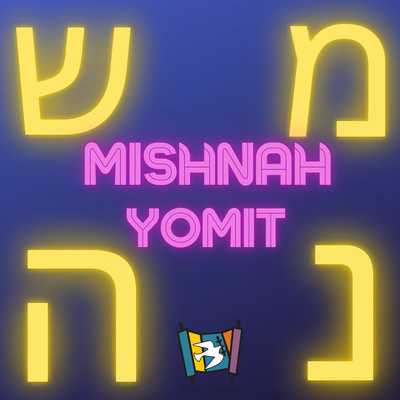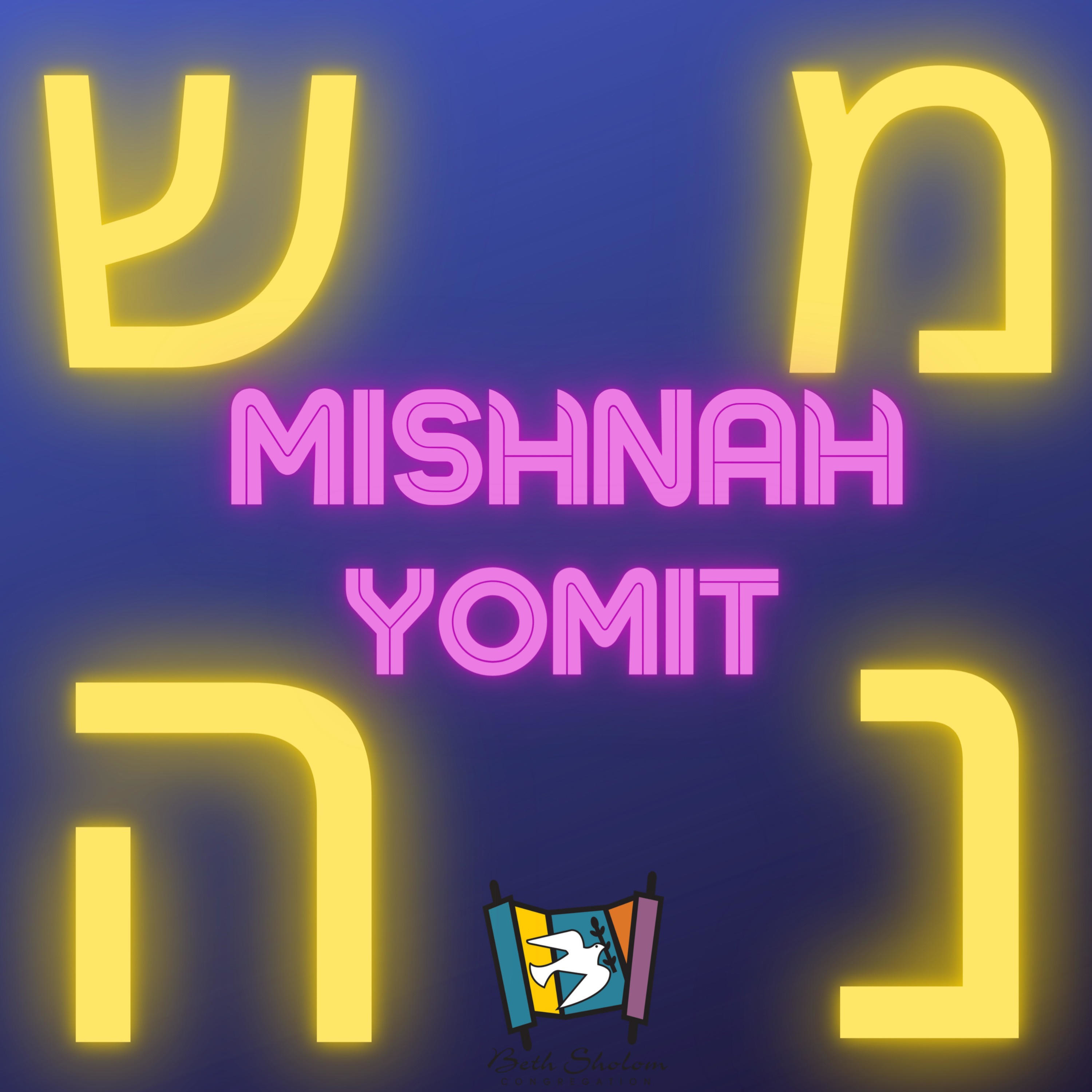
Mishnah Yomit
Follow along with the Mishnah Yomit cycle! 2 mishnayot per day for 6 years to finish. Taught by Eitan Cooper, Assistant Rabbi at Beth Sholom Congregation in Potomac, MD.
- Update frequency
- every day
- Average duration
- 13 minutes
- Episodes
- 772
- Years Active
- 2021 - 2025
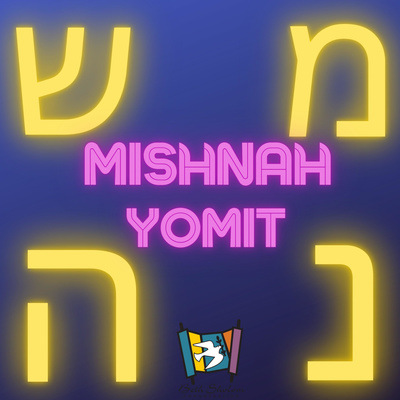
Peah 3:4-3:5
"Mother onions" and how they affect Peah. Also, fields that are legally divided (but not physically)
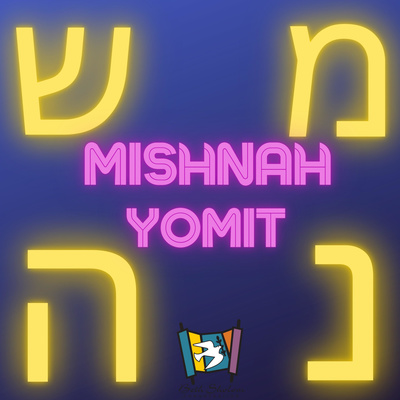
Peah 2:8-3:3
Robbers stealing part of your field. Selling part of your field. Also, more issues related to having multiple crops or patches of crops in one field.
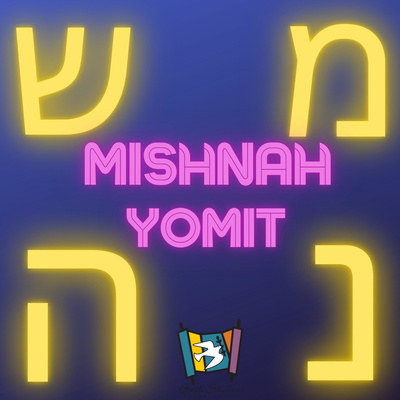
Peah 2:6-2:7
The source for yesterdays mishnah (2:5) comes from Sinai. Also, what happens if *you* are not the one who harvests your field? Is it is still obligated in Peah?
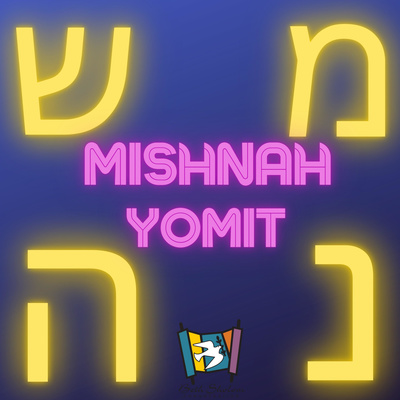
Peah 2:4-2:5
More about trees and how they affect a field for the purpose of Peah. Also, what if there are multiple types of crops in one field?
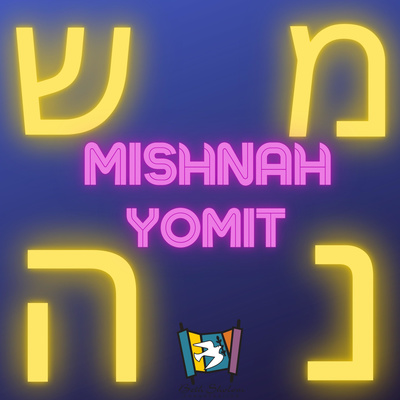
Peah 2:2-2:3
More on what is considered a divider between fields for the purpose of Peah. Plus, are fields of trees different in any way?
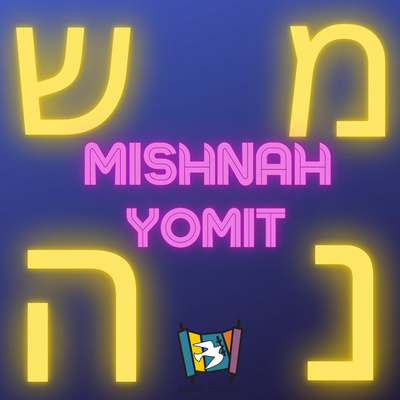
Peah 1:6-2:1
At what point in the processing of produce is Peach obligated? Plus, lots of details about tithing. Finally, what counts as two fields vs. one when it comes to giving Peaah
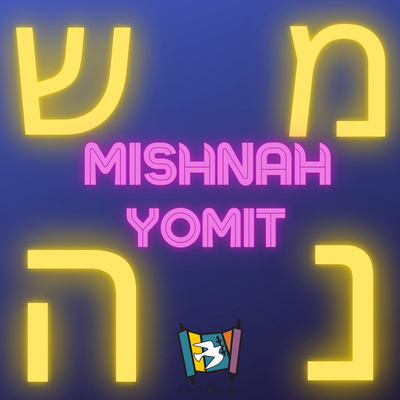
Peach 1:4-1:5
The five qualifications for something to be given as Peah. The types of trees that meet these criteria.
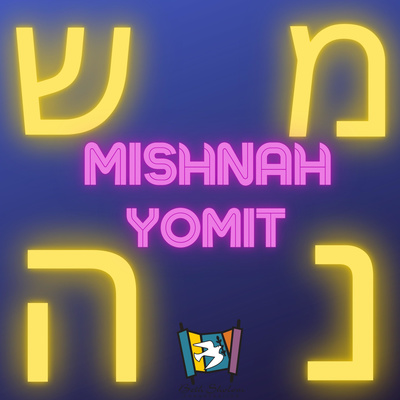
Peah 1:1-1:3
The minimum and maximum amount to give to the poor. Also, where we should leave produce in the field for the poor.
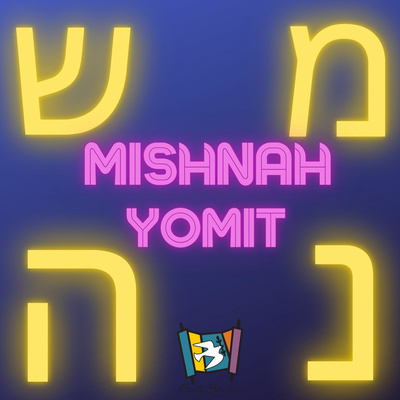
Berachot 9:5
Finishing off Masechet Berachot... blessing Hashem for the bad like we bless for the good. Returning to the verses of the Shema for a deeper understanding of what it means to love and fear Hashem.
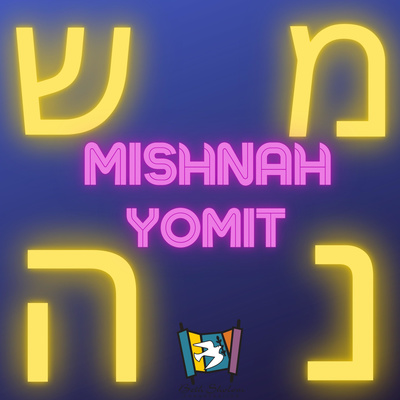
Bearchot 9:3-9:4
Blessing G-d for the good and the bad. Praying for things that have already happened is a bad idea. Also, the prayers to say when entering and leaving a dangerous city.
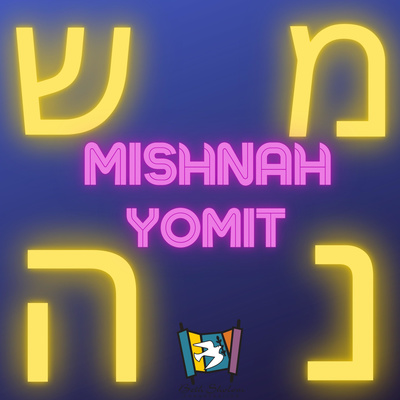
Berachot 9:1-9:2
Other types of berachot - including what to say when returning to a place where a miracle has happened, what to say when seeing forces of nature, and what to say when bad things happen.
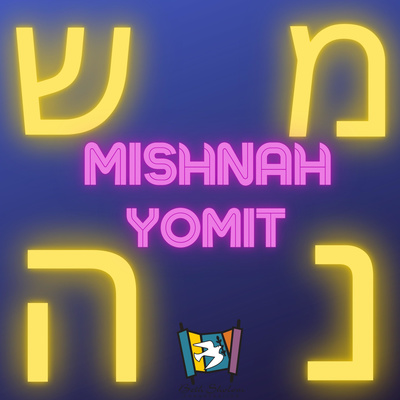
Berachot 8:7-8:8
Returning to the place where you ate if you forgot to say birkat hamazon. How much time do you have to say birkat hamazon. Also, can you say Amen to half of a bracha?
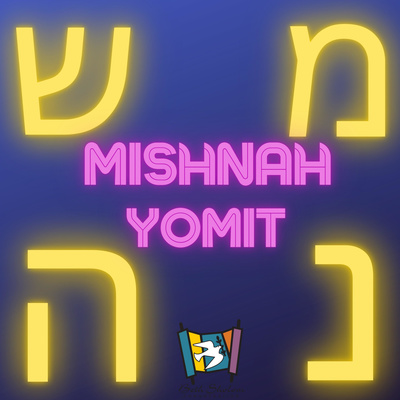
Berachot 8:5-8:6
Rules about Havdalah - order of blessings (when it is combined with Birkat Hamazon) and also which types of flame and spices to avoid.
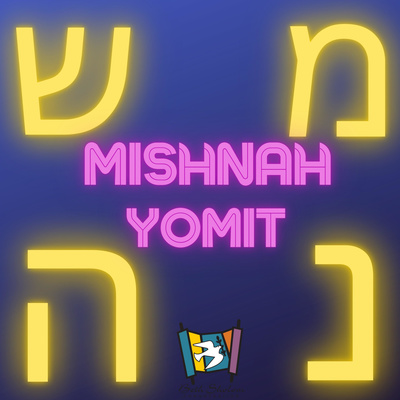
Berachot 8:3-8:4
More disputes between Beit Hillel and Beit Shammai about hand washing and crumb cleaning.
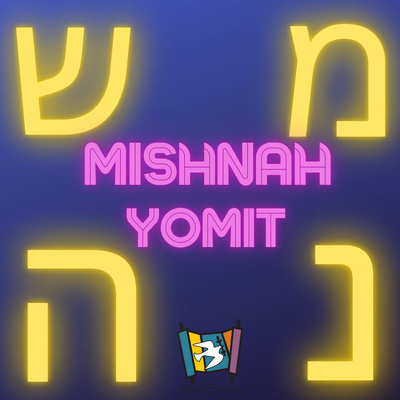
Berachot 7:4-8:2
More on the zimmun including how many are needed and how a group should/shouldn't be split up. Also, disputes between Beit Hillel and Beit Shammai.
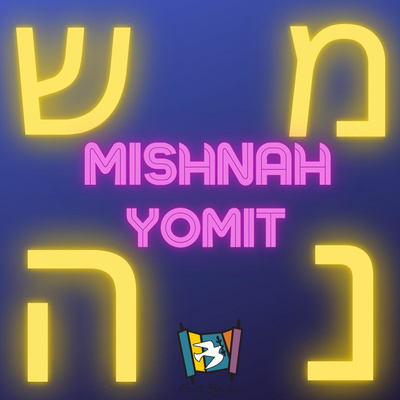
Berachot 7:2-7:3
Who can participate in a zimun? What is the text of the zimun?
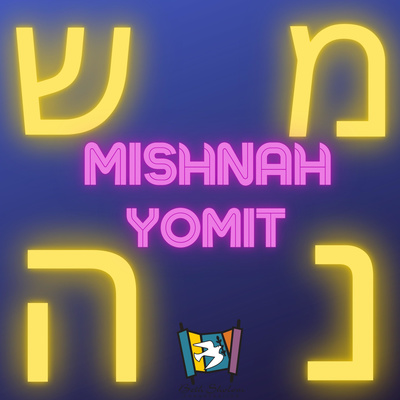
Berachot 6:6-6:7
One person making a bracha for everyone else. Also, a situation in which bread can be covered by another bracha.
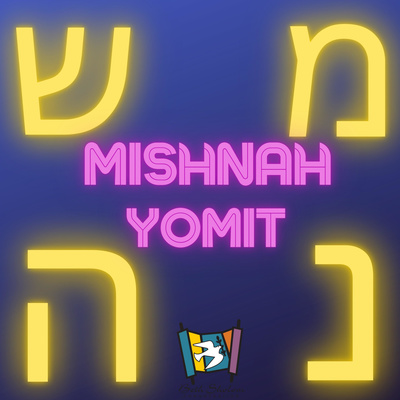
Berachot 6:4-6:5
What to do when you have a variety of foods that all have the same bracha. Also, more about the bracha of hamotzi.
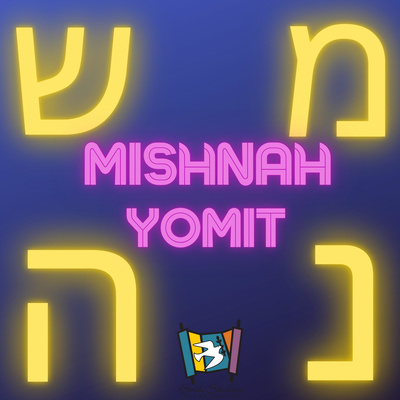
Berachot 6:2-6:3
Mistakes in the brachot on foods, as well as introduction to the bracha of shehakol.
